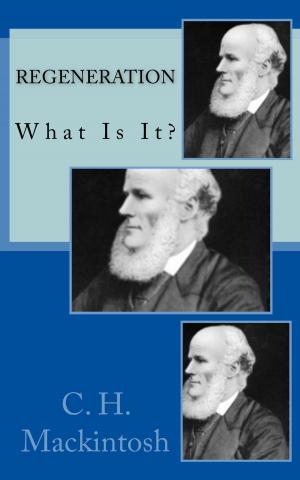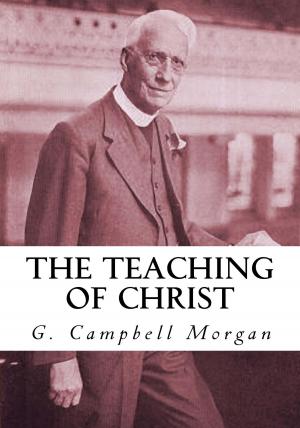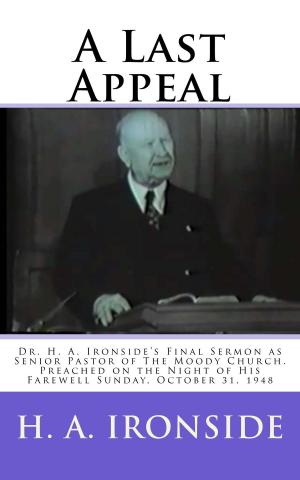The Exposition of the First Epistle of St. John
Nonfiction, Religion & Spirituality, Christianity, Christian Literature, Bible & Bible Studies, New Testament, Study| Author: | William Tyndale | ISBN: | 1230001946949 |
| Publisher: | CrossReach Publications | Publication: | October 1, 2017 |
| Imprint: | Language: | English |
| Author: | William Tyndale |
| ISBN: | 1230001946949 |
| Publisher: | CrossReach Publications |
| Publication: | October 1, 2017 |
| Imprint: | |
| Language: | English |
From the Tyndale's prologue, he writes: "We, being all sons of one God, and servants of one Christ, must agree among ourselves; and he that hath offended must meekly knowledge his fault, and offer himself to make amends unto the utmost of his power; and if he have not wherewith, ask forgiveness for Christ’s sake, and the other is bound to forgive him. Neither, without reconciling himself unto his brother, may any man be at the first received unto the profession of Christ’s faith, nor continue therein, nor be received in again, if he be for his open offences put thereout. For how can a man love his neighbour as well as himself, and be sorry that he hath hurt him, except he should offer himself to make amends?
And we must from henceforth walk in the life of penance, (if ye will have it so called,) and after the doctrine of Christ every man tame his flesh with prayer, fasting, and the continual meditations of Christ’s penance and passions for us, and of the holy saints, and with such abstinence, and kind of living, as every man thinketh most meet for his complexion; the younger confessing their infirmities to the elder, discreeter, and better learned, and asking their advice and wholesome counsel for the repressing of their diseases; but all to tame the flesh, and to serve thy neighbour, without any superstitious mind.
But to God-ward is there no satisfaction, save faith in Christ’s blood out of a repenting heart. For our outward deeds cannot be referred unto God, to do him service in his own person, and to help him, or make him better therewith. We can do no more with them, were they never so perfect, and done with all love, than satisfy the law for the present time, and do our duty unto our neighbours, and tame our own flesh; but not to make satisfaction to God for sin that is once past. The sin that is once committed must God forgive freely, of a fatherly love, for Christ’s sake.
From the Tyndale's prologue, he writes: "We, being all sons of one God, and servants of one Christ, must agree among ourselves; and he that hath offended must meekly knowledge his fault, and offer himself to make amends unto the utmost of his power; and if he have not wherewith, ask forgiveness for Christ’s sake, and the other is bound to forgive him. Neither, without reconciling himself unto his brother, may any man be at the first received unto the profession of Christ’s faith, nor continue therein, nor be received in again, if he be for his open offences put thereout. For how can a man love his neighbour as well as himself, and be sorry that he hath hurt him, except he should offer himself to make amends?
And we must from henceforth walk in the life of penance, (if ye will have it so called,) and after the doctrine of Christ every man tame his flesh with prayer, fasting, and the continual meditations of Christ’s penance and passions for us, and of the holy saints, and with such abstinence, and kind of living, as every man thinketh most meet for his complexion; the younger confessing their infirmities to the elder, discreeter, and better learned, and asking their advice and wholesome counsel for the repressing of their diseases; but all to tame the flesh, and to serve thy neighbour, without any superstitious mind.
But to God-ward is there no satisfaction, save faith in Christ’s blood out of a repenting heart. For our outward deeds cannot be referred unto God, to do him service in his own person, and to help him, or make him better therewith. We can do no more with them, were they never so perfect, and done with all love, than satisfy the law for the present time, and do our duty unto our neighbours, and tame our own flesh; but not to make satisfaction to God for sin that is once past. The sin that is once committed must God forgive freely, of a fatherly love, for Christ’s sake.















